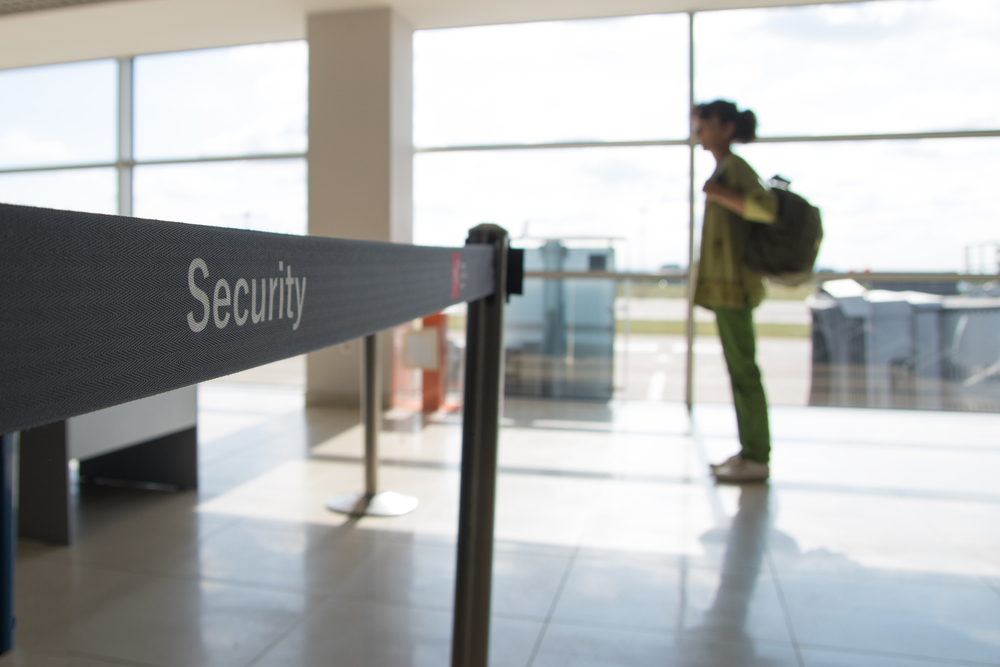
The U.S. Transportation Security Administration (TSA) showed off a host of new technologies deployed to the Los Angeles International Airport (LAX) this week, from computed tomographic (CT) scanners to photo ID scan verifications.
The technologies are being tested at the airport’s Terminal 1 checkpoint. In the case of the CT scanner, this takes the form of an X-ray scanner set up at the checkpoint. It creates 3-D images of carry-on bags’ contents, as opposed to the 2-D images TSA screening technology currently provides. The technology has already proven its usefulness in checked baggage, but this is the first foray into its use for carry-on.
TSA is hopeful the technology will enhance aviation security.
“Through research and development, TSA has determined that CT-based screening technology is the best option available today for screening carry-on bags,” Keith Jeffries, TSA federal security director at LAX, said. “We are pleased to partner with LAWA so we can jointly learn more about how the system operates in a busy airport environment. In the future, our goal is to allow passengers to keep liquids inside their carry-on luggage during the checkpoint screening process.”
By year’s end, they hope to deploy up to 40 CT units to various airports throughout the nation. An additional 16 will head for federal testing facilities, and the number deployed at airports could grow to as many as 145 by the end of 2019.
The other technology being tested is known as Credential Authentication Technology (CAT). CAT scans a passenger’s photo ID and matches that information against the Secure Flight vetting system. It confirms flight status and the authenticity of the flyer. It could allow TSA officers to refrain from even needing to check boarding passes.




